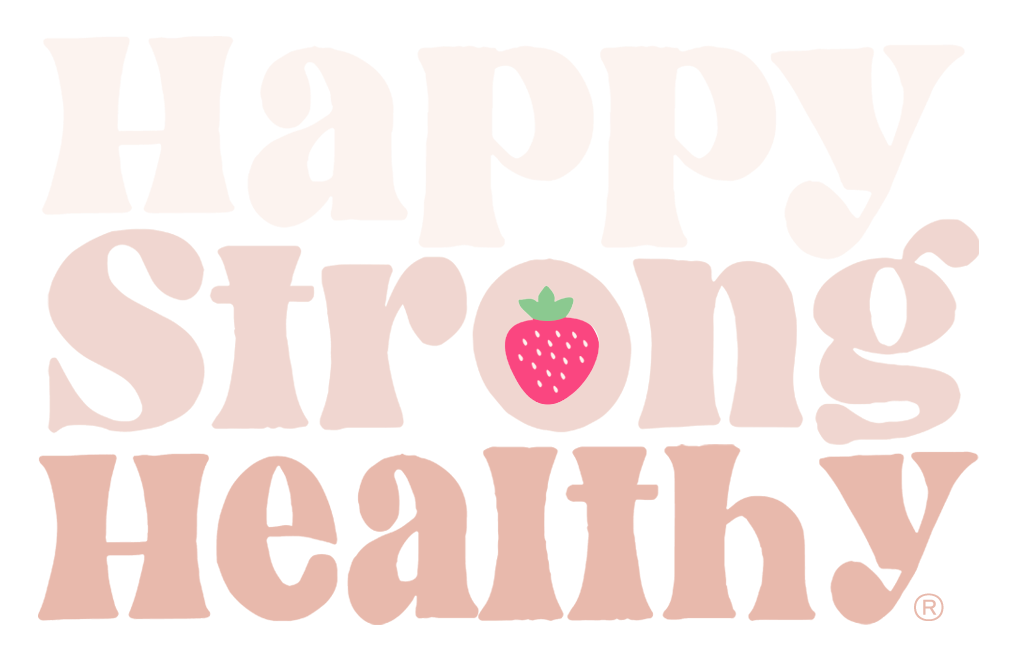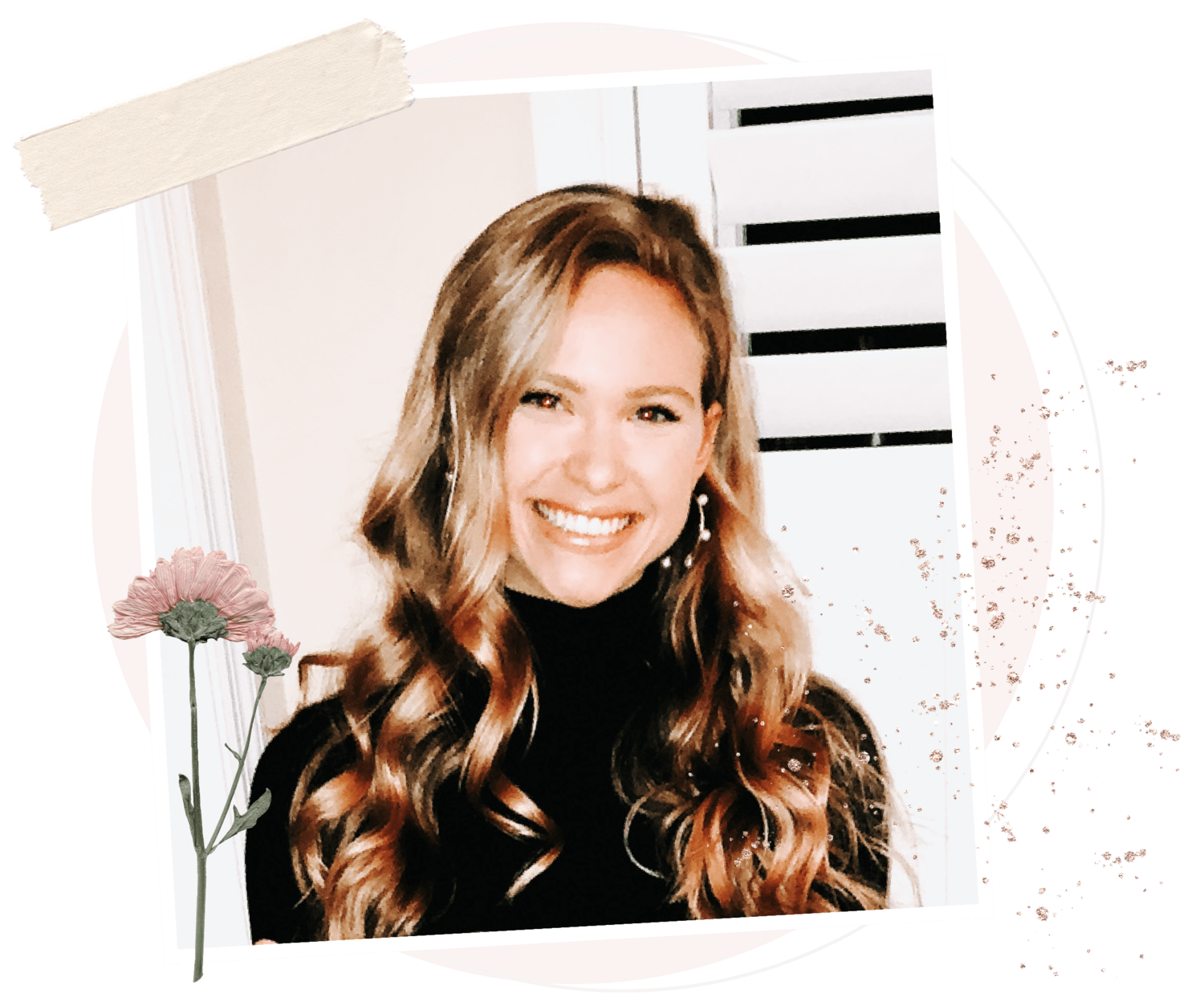How to Challenge the Food Police
It can be difficult growing up around diet culture and being taught to listen to that voice in your head that is making you feel guilty when it comes to eating or listening to those comments from friends/family who discourage you from eating what you desire. These voices and comments are called the food police and we are here to get rid of it, once and for all!
The food police can be the voice in your head that makes you feel guilty for eating that cupcake, taking that extra serving at dinner, or even pushing your plate away without finishing everything because you feel full. Unfortunately, it can also be someone who comments on what you are eating, such as “Don’t you feel guilty for eating that?”, “Do you know how bad that is for you?” This stems from diet culture and is a LEARNED behavior. So, the good news is we can UNLEARN this! Our goal here is to quiet that diet culture voice in your head and be able to block out other people’s inputs who are acting as the “food police”. By doing so, you can start to listen to your voice and become in tune with your needs. This is intuitive eating!
Diet culture created the “food police” and it can be found everywhere; it is in magazines, food labels, advertisements, diets and more. Some phrases that are commonly used in diet culture and mimic the food police are: “guilt free”, “superfood”, “clean ingredients”, or “detox product”. These phrases/ marketing tactics can create “food rules” and further enable the ever so detrimental “all or nothing” thinking.
Let’s break it down a little bit further. There are three eating voices; the Food Police, the Nutrition Informant, and the Diet Rebel. Also, we have their positive allies- the Food Anthropologist, the Nurturer, and the Nutrition Ally.
The Food Police is usually a voice in your head that is judging your food decisions to be either “good” or “bad” based on unreasonable “food rules” and dieting. This not only strays you away from eating the foods you want, but it can ruin your relationship with food itself as it judges each action you take when it comes to eating. It is our job to overpower that voice in our head and be able to recognize when it is talking so we can shut it out.
The Nutrition Informant is one who shares nutrition evidence based on dieting and diet culture. This may be being told to count your macros or specifically your carbs, not to eat foods with added sugars, not to eat again because you just ate something healthy, etc. It can sound like a healthy idea, but it still promotes dieting in a sneaky way. However, this can become the Nutrition Ally, where they are interested in eating healthy, but it is out of satisfaction rather than fear or because of diet rules. For example, this would be choosing between a regular pizza and a cauliflower based pizza and choosing the cauliflower pizza because you genuinely want that! This does not mean that you are scared of eating the regular pizza maybe because of the carbs, but you chose the option that would satisfy you more.
The Diet Rebel can be that strong voice in your head that is determined to either not allow you to eat something specific under any circumstance, or cause you to sneak around foods that you desire but do not want anyone to see you eating. With this determination, we can refocus this energy into being the Rebel Ally to defend yourself from comments or that voice in your head. Try asking family members/friends not to comment on your food choices or your body for example. This will help you regain that power, block out that voice in your head, and finally let you eat freely when and what you desire without fear.
The Food Anthropologist is the voice in your head with a neutral outlook- no judgement. This is the observational voice that is going to let yourself venture out and take notes of how you feel, while respecting your choices. It is full of your thoughts and actions; this voice will notice when you are hungry/full, when you ate, what you ate, etc. without any judgment attached. A way to find your inner food anthropologist is to keep a food journal; begin journaling about what you ate/when/where and how you felt before/after. This will help you become aware of your eating habits. Think of it as a learning and discovery tool, not a homework assignment!
Finally, the Nurturer. What comes to mind when you hear this word? Gentle, kind, caring, understanding? Well, that describes the voice of the nurturer! This voice understands you have feelings and knows you won’t feel perfect 24/7, but still accepts you and helps you find peace with yourself. Some examples are recognizing that you are doing well this week, even though you had a few times where you didn’t honor your hunger/fullness signals or noticing that you feel great when you take care of yourself. This is on the right path to becoming an Intuitive Eater because it accepts all of your feelings and still supports you.
Now, becoming an Intuitive Eater takes time and practice, but it is so worth it all! It is a combination of the Food Anthropologist, the Nurturer, the Rebel Ally and the Nutrition Ally all in one voice. Sounds great right? Being an Intuitive Eater is being able to recognize your feelings, behaviors and desires and being able to sort them out for the true intention or reason behind them. Listen to your gut reactions next time you eat and really allow yourself to eat, peacefully, and kick that food police voice to the curb!
Piece written by: Emily Goldschmidt
Hi, I’m Emily! I am a HSH intern, a nutrition student at West Chester University of PA, and an RD to be! I love everything health and wellness, with a special passion for Intuitive Eating.
Thank you for being here, now let’s have some fun with food and nutrition!
Written by Lauren Smith
Hey, I'm Lauren! I’m a Registered Dietitian at Happy Strong Healthy. I believe nutrition should add to the fullness of your life and make you feel empowered and confident!
Learn more about me and the HSH offerings here.







































